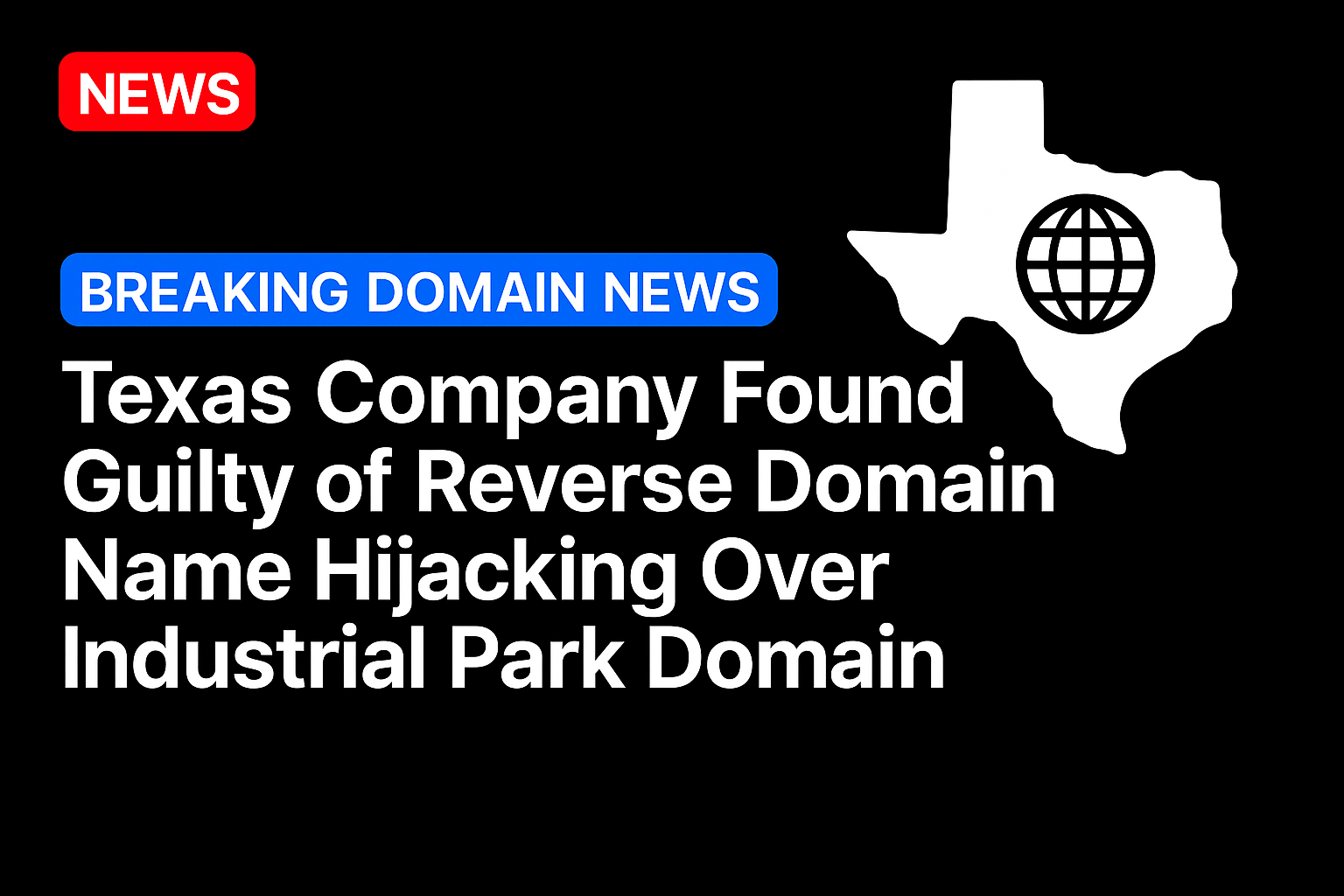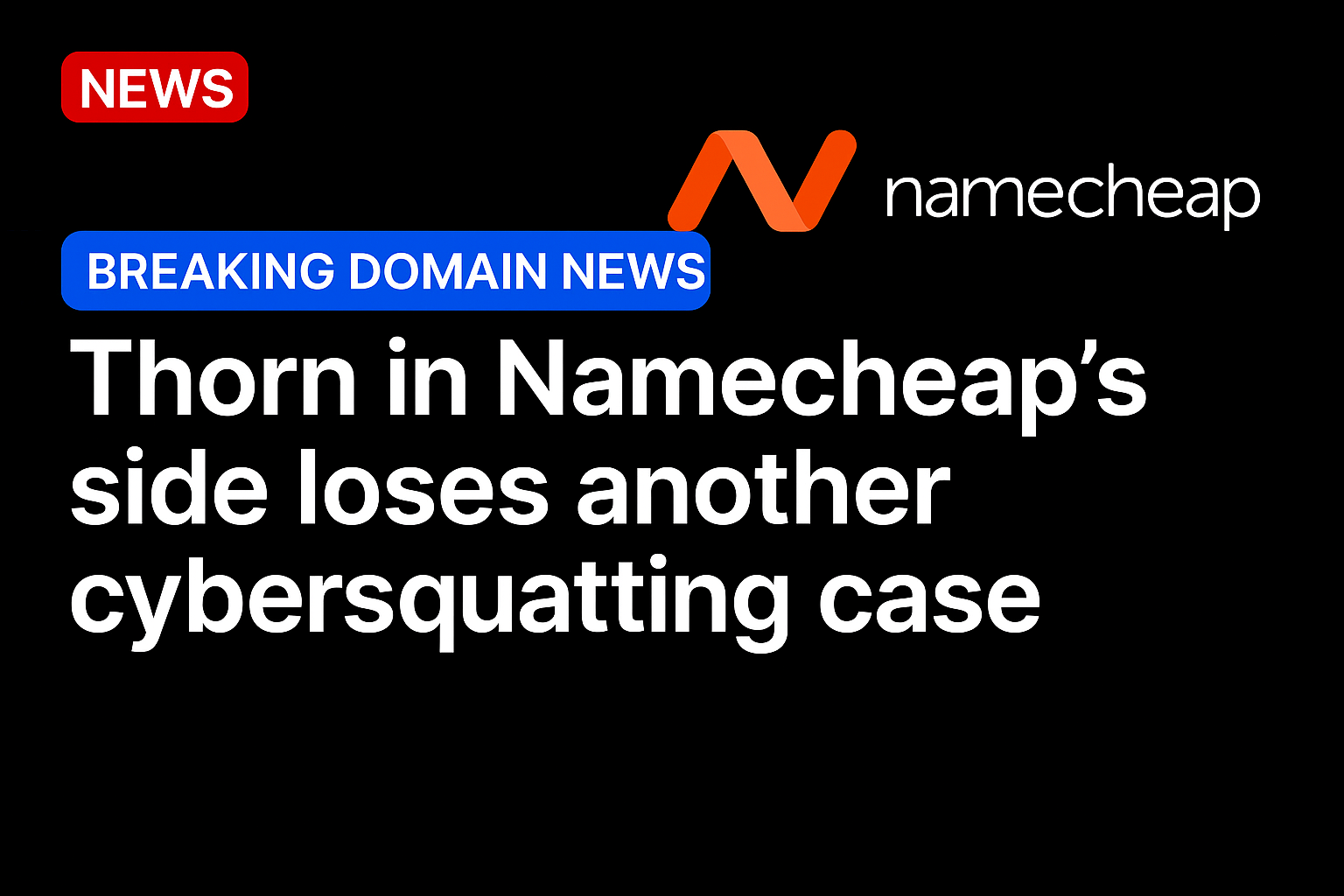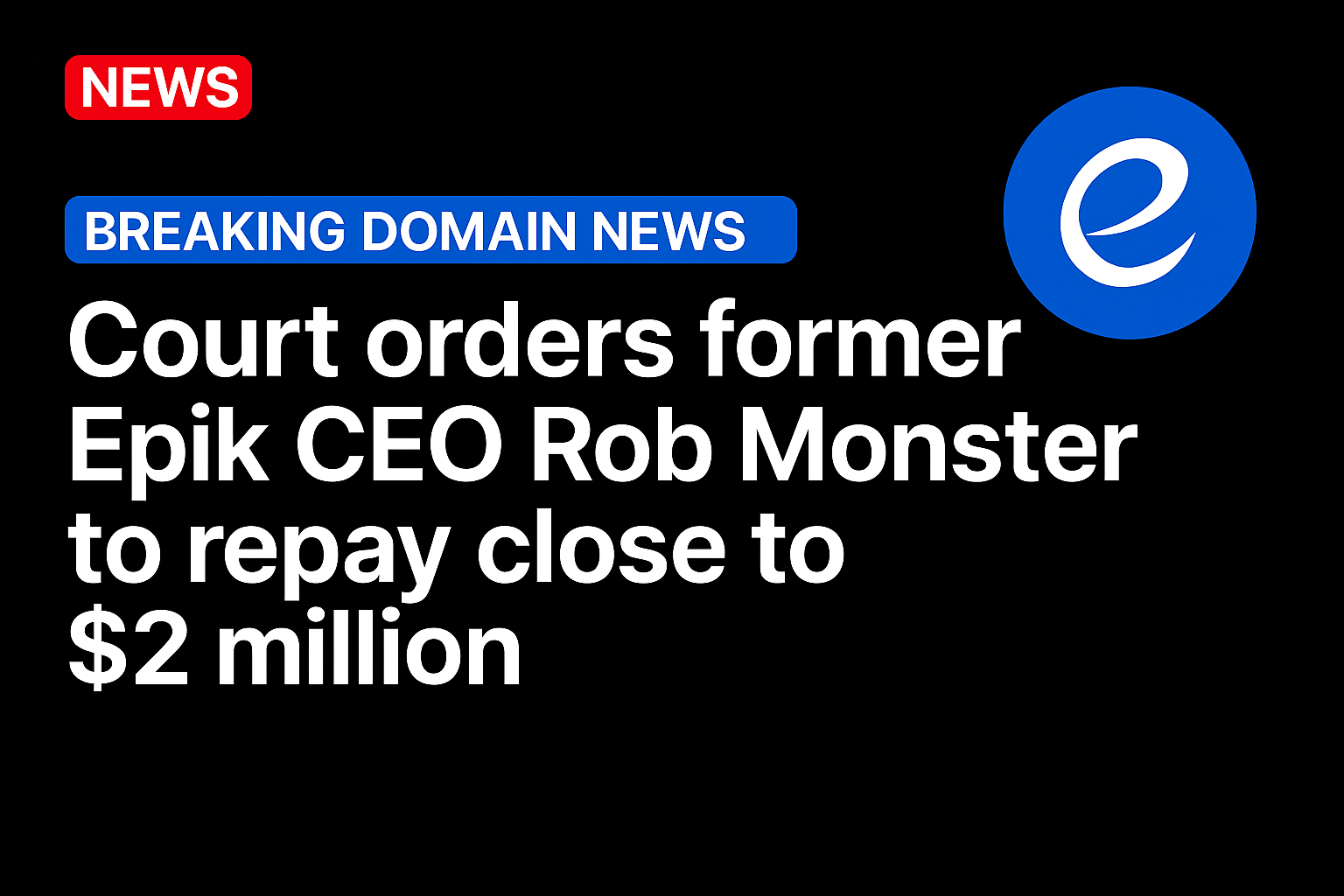
Developer filed UDRP after first trying to buy the domain name.
A Texas real estate developer has been found guilty of reverse domain name hijacking after it filed a cybersquatting claim against empireindustrialpark.com.
Empire Industrial Park LLC is a relatively new industrial park in Eagle Pass, Texas. Because the domain it wanted was taken, it registered theempireindustrialpark.com.
It used brokers to try to buy the shorter domain, but never heard back from the owner.
There was a good reason for that: the domain is registered to an identically named Empire Industrial Park in Washington state.
The Washington business registered the domain in 2020, before the Complainant existed. The property has been around since 1974.
UDRP panelist Bart Van Besien found that the Complainant failed on all three elements of the case.
In finding reverse domain name hijacking, Van Besien wrote:
The Panel finds that the Complaint was indeed brought in bad faith – in an attempt at Reverse Domain Name Hijacking – and constitutes an abuse of the administrative proceeding. The Panel refers to the following elements for its decision on Reverse Domain Name Hijacking:
First, the Complainant claims common law trademark rights based on its so-called “long-standing and prominent use” of the name “Empire Industrial Park”. However, the Complainant fails to disclose that its claimed rights to the name are of very recent origin. In fact, the Complainant was only formed as a company on March 1, 2023, and registered its domain name,
, on May 1, 2024. The Respondent registered the disputed domain name years before the Complainant was incorporated, making it impossible for the Respondent to have known of the Complainant or to have been motivated by bad faith towards a non-existent company or its non-existent trademarks, when it registered the disputed domain name. The Complainant does not specify when it first began using the name itself. Moreover, it asserts common law trademark rights without submitting any supporting evidence of its purported “long-standing and prominent use.” The Complainant should have recognized that it lacked the necessary trademark rights to initiate this domain name proceeding, especially since the disputed domain name was registered well before its own adoption of the name.
Second, the Complainant does not address the fact that the disputed domain name consists of terms that, taken together, are to some extent generic or descriptive.
Third, a simple Google search for “Empire Industrial Park” (conducted using incognito mode to eliminate personalization, in accordance with the Panel’s general authority under Paragraphs 10 and 11 of the Rules) reveals that the Respondent’s commercial complex in Everett, Washington, appears prominently in the top search results. With minimal effort, the Complainant would have discovered the Respondent’s existence and its prior use of the name “Empire Industrial Park.” In short, the Complainant appears to have failed to conduct a reasonable investigation and has advanced broad and unsupported claims – some of which are contradicted by publicly available evidence or even by its own argumentation.
The Panel concludes that the Complainant brought a claim that it knew – or should have known upon reasonable inquiry – was without merit and had no reasonable prospect of success. The Panel notes that the UDRP is designed to resolve legitimate disputes, and that purpose is not served by declining to find Reverse Domain Name Hijacking in appropriate circumstances, such as the present case.
One of the Complainant’s owners, Sonia V. Junfin, represented it in its filing. Alan Bornstein of Jameson Pepple Cantu PLLC represented the domain owner.
Source: https://domainnamewire.com/




